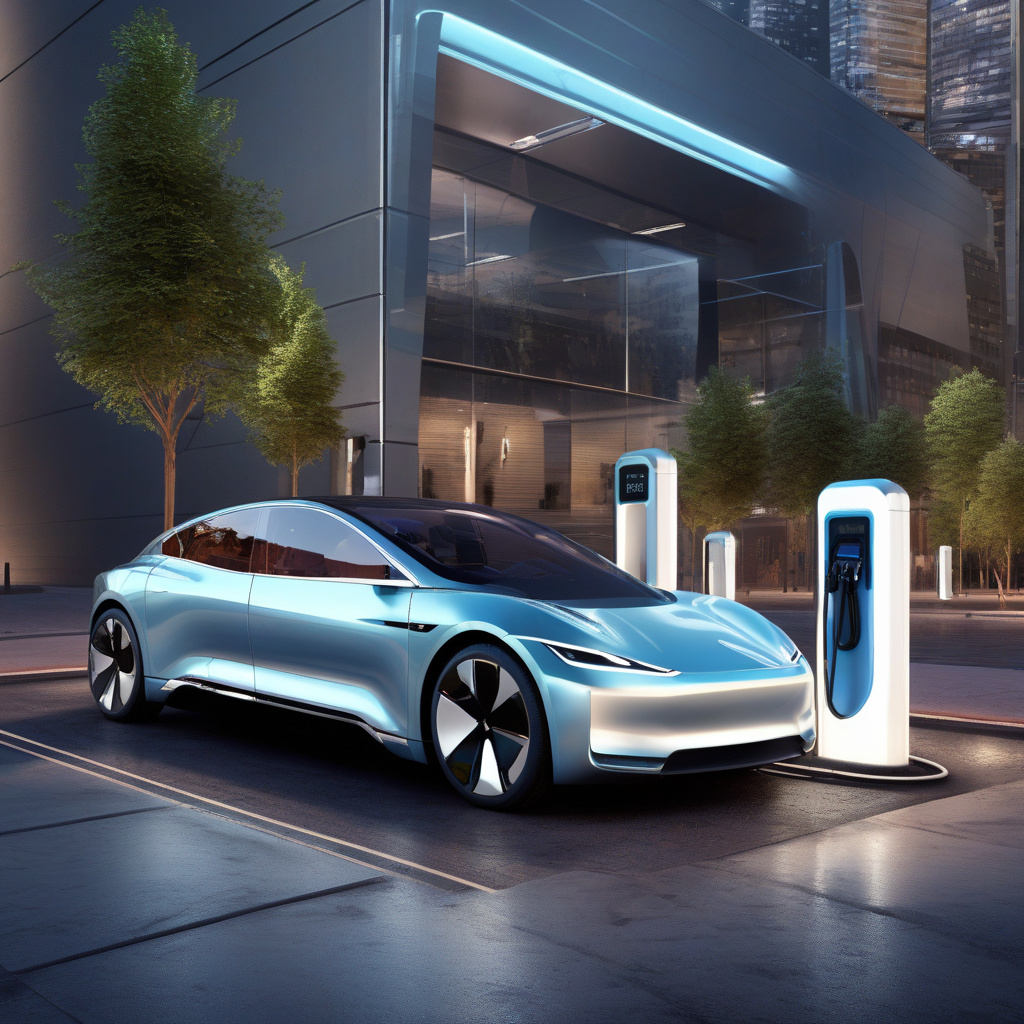Self-Repairing Batteries: The Future of EV Power Packs
Scientists are developing self-healing batteries designed to diagnose internal damage and initiate repairs, a technology that could revolutionize the lifespan and performance of electric vehicle (EV) power packs. This groundbreaking innovation offers a solution to one of the major challenges facing the EV industry: the degradation of battery capacity over time. By implementing self-repair capabilities, these batteries could potentially double the lifespan of EV power packs, leading to longer-lasting and more efficient electric vehicles.
The concept of self-repairing batteries involves the integration of advanced materials and technologies that allow the battery to detect and address any internal damage on its own. One approach is the use of microcapsules containing restorative materials that can be released to heal cracks or other forms of damage within the battery. Another method being explored is the development of polymers that possess the ability to mend themselves when damaged, ensuring the continuous and reliable operation of the battery.
One of the key benefits of self-repairing batteries is their potential to significantly extend the lifespan of EV power packs. Currently, the degradation of battery capacity over time is a major concern for EV owners, as it leads to reduced driving range and performance. By implementing self-healing capabilities, batteries can proactively address issues that arise during usage, thereby slowing down the degradation process and prolonging the overall lifespan of the battery.
In addition to improved lifespan, self-repairing batteries also offer the potential for enhanced performance. By maintaining the structural integrity of the battery over an extended period, these innovative power packs can deliver more consistent power output, resulting in better overall performance for electric vehicles. This could translate to increased driving range, faster charging times, and improved efficiency, making EVs more practical and appealing to a wider range of consumers.
Furthermore, the development of self-repairing batteries aligns with the growing focus on sustainability and environmental consciousness in the automotive industry. By extending the lifespan of EV batteries, fewer resources will be required for manufacturing new batteries, reducing the overall environmental impact of electric vehicles. This technological advancement not only benefits consumers in terms of cost savings and performance but also contributes to a more sustainable future for transportation.
While the concept of self-repairing batteries is still in the research and development stage, the potential benefits it offers to the EV industry are significant. As scientists continue to refine and optimize this technology, we can expect to see a new generation of electric vehicles equipped with power packs that are more durable, efficient, and environmentally friendly. The era of self-repairing batteries could mark a turning point in the evolution of electric transportation, bringing us closer to a future where EVs are the norm rather than the exception.
In conclusion, self-repairing batteries hold immense promise for doubling the lifespan and enhancing the performance of EV power packs. By addressing the issue of battery degradation through innovative self-healing technologies, these batteries have the potential to reshape the electric vehicle industry and accelerate the transition to sustainable transportation solutions. As research in this field progresses, we can look forward to a future where EVs are not only more reliable and efficient but also more environmentally friendly, driving us towards a greener and more sustainable tomorrow.
electric vehicles, self-repairing batteries, sustainability, EV industry, technological innovation












